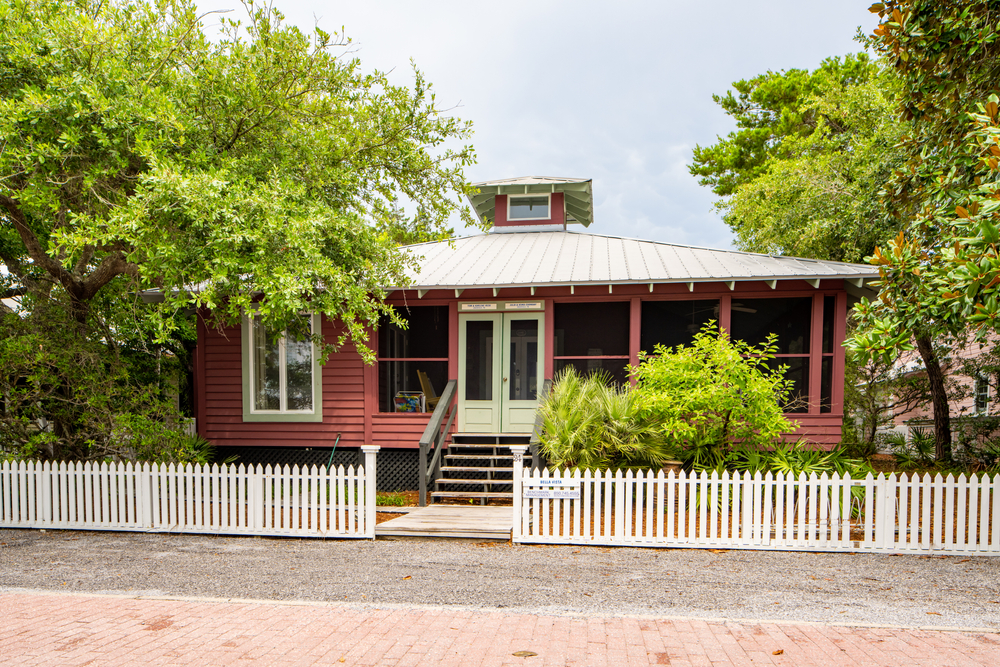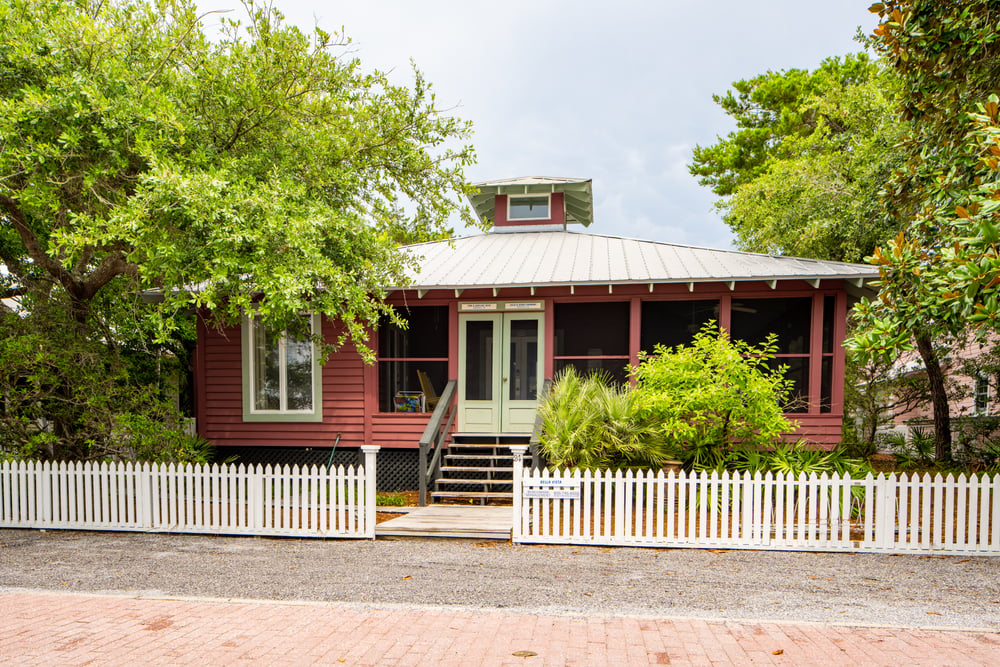
Making Extra Money with a Rental Property? Make Sure You're Protected

Using your home or vacation property to make passive income is a wise use of your resources in today’s modern society. Of course, it does take a great deal of trust to let strangers book a stay overnight in your home or rent out your extra space. Taking a few extra steps for precaution will protect you and your property through the rental experience.
You may choose to work with a property manager or through an online platform like Airbnb, Vacation Rental By Owner (VRBO), TripAdvisor, Booking.com, Expedia and others. Those online companies have thought ahead in terms of potential issues and have integrated specific safety features into their operations that protect you from certain situations, like guests stiffing you on payment and other situations. But what else can be done to create a sense of wellbeing? Things happen, especially when people are on vacation and let down their guard, giving way for accidents to happen. You have a right to know you’ll be protected no matter what occurs on your rental property.
Have The Right Insurance For Your Property
- Homeowners Insurance: If you are renting out a space in your current residence or additional space, the protection offered by your homeowners insurance is of key importance. Make sure you speak with your insurance representative to ensure that your current homeowners policy will cover your possessions, your property and your liability as you rent it out to guests. And as mentioned above, online platforms do have some built-in coverage, but it will not protect you should a theft occur, nor will it cover you in terms of personal liability if a guest issues a lawsuit against you.
- Renter’s Insurance: While many rental property owners believe their extra property is adequately covered by traditional second homeowners insurance policies, this is not always the case. Because of the locations of many second homes and vacation rentals, they are typically held at greater risk of things like hurricanes, flooding, and theft. Talk with your insurance representative to discuss additional coverage with rental insurance that can cover more extreme damages, as well as add coverage for replacing stolen or damaged items.
Protect Against Normal Wear and Tear
Now, with any space, there will be normal wear and tear that is bound to occur. Home insurance and renters insurance may or may not be able to cover these types of things, such as stained carpet, broken dishes, scuffs on the walls, etc. But, whether you are renting out your property short-term or long term, you can opt to charge a custom security deposit for this that will cover minor damage to the property.
You Can Be Held Responsible For Your Neighbor’s Damage Too
Another potential issue that can go along with renting out your property is damage to your neighbor’s property by your guests. For example, if your guest causes a fire that spreads to nearby units and damages your neighbor’s property, you can be required to compensate for damages. Take the time to ensure your policy limits are high enough to protect you, no matter how badly a guest damages your unit or an entire complex. Additionally, it is always a good idea to screen potential tenants, or read guest-reviews before allowing anyone to rent from you to prevent this type of problem.
Other Ways to Protect Your Rental Property
- Make Sure You Check Your Property Well and Often: It’s vitally important to inspect your property thoroughly after each and every tenant moves or guest checks out. If you don’t do this, then you have no way of knowing which guests caused damages. Consequently, you will be unable to file any sort of claim to recoup your loss. If you do discover your property is damaged in some way when a guest checks out, make sure to document this damage with photos, so you can prove your claim.
- Protect Against Injury Lawsuits: Aside from the risk from damage to your property when renting your space out is the risk of a guest or tenant suing you because they become ill or are injured on your property or their property is significantly damaged during their stay. Thankfully, the protection provided by services like Airbnb can help immensely if this does occur. However, that alone isn’t enough coverage for your property. You should always have your own coverage as well.
Bottom Line: Coverage is Key
Thankfully, once you have the right coverage amounts and policies in place, covering your property as well as protecting you from potential liability should your guests get hurt on your property, you can enjoy your passive income from your rental property. Reach out to our team today to discuss these various coverage options that will protect you from all sorts of potential problems. Then, you can concentrate more on making your guests and tenants happy, and less on worrying about “what if” scenarios.

